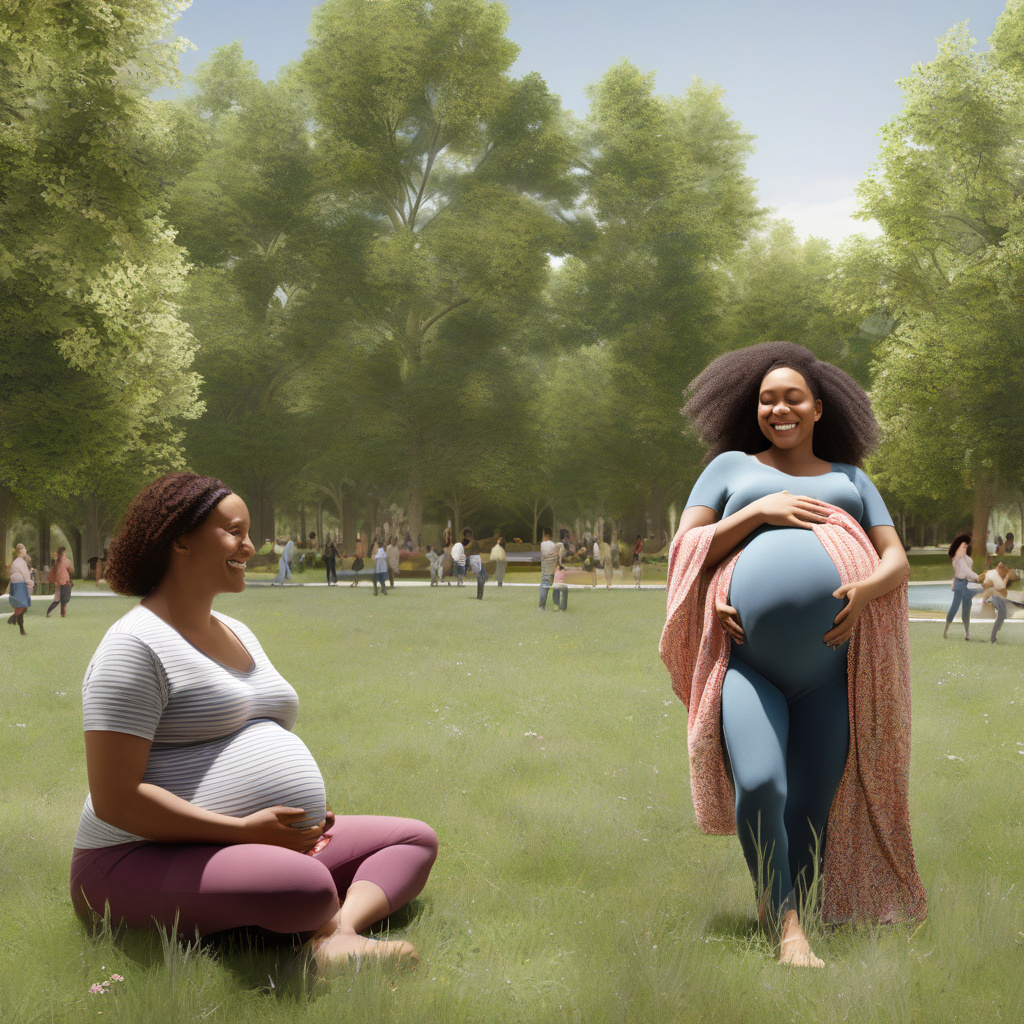Immune Changes During Pregnancy May Protect Against Long COVID, Study Shows
Though the immediate threat of COVID-19 has lessened, the lasting effects of the virus continue to be a major concern for public health officials and researchers alike. One recent study has shed light on a potential protective factor against long COVID: immune changes that occur during pregnancy.
Pregnancy is a unique physiological state in which a woman’s immune system undergoes significant modifications to accommodate the growing fetus while protecting the mother from infections. These changes, which include alterations in the function of various immune cells and the production of specific antibodies, have long been recognized as crucial for a successful pregnancy outcome.
Now, researchers have found that these same immune adaptations may confer protection against long COVID in pregnant individuals. A study published in a leading medical journal revealed that pregnant women who contract COVID-19 are less likely to experience severe symptoms or long-lasting complications compared to their non-pregnant counterparts.
The exact mechanisms behind this protective effect are not yet fully understood, but several hypotheses have been proposed. One theory suggests that the immune shifts during pregnancy, such as the increased production of anti-inflammatory cytokines, may help dampen the excessive immune response that contributes to the development of long COVID.
Furthermore, hormonal changes during pregnancy, such as elevated levels of progesterone, have been shown to have immunomodulatory effects that could play a role in mitigating the severity of COVID-19 symptoms. Additionally, the unique immune environment in the placenta, where the maternal and fetal immune systems interact, may also contribute to the reduced risk of long COVID in pregnant individuals.
These findings have significant implications for the ongoing efforts to understand and combat the long-term consequences of COVID-19. By elucidating the protective mechanisms conferred by pregnancy-related immune changes, researchers may identify novel therapeutic targets for the prevention and treatment of long COVID in the general population.
Moreover, this study highlights the importance of considering sex and gender differences in immune responses to viral infections, as these factors can have a profound impact on disease outcomes. By studying the ways in which pregnancy alters immune function and susceptibility to COVID-19, scientists can gain valuable insights that may inform future strategies for managing and preventing similar infectious diseases.
As the world continues to grapple with the aftermath of the COVID-19 pandemic, research that uncovers the intricate interplay between the immune system and pregnancy offers a glimmer of hope for a better understanding of long COVID and potential avenues for intervention. By harnessing the protective power of pregnancy-related immune changes, we may inch closer to mitigating the long-term effects of this devastating virus.
In conclusion, the study highlighting the immune changes during pregnancy that may protect against long COVID represents a significant step forward in our quest to unravel the mysteries of this complex disease. By leveraging the insights gained from pregnancy-related immune adaptations, we can pave the way for innovative approaches to combating long COVID and improving the health outcomes of individuals affected by the virus.
COVID-19, Pregnancy, Immune System, Long COVID, Research Studies












